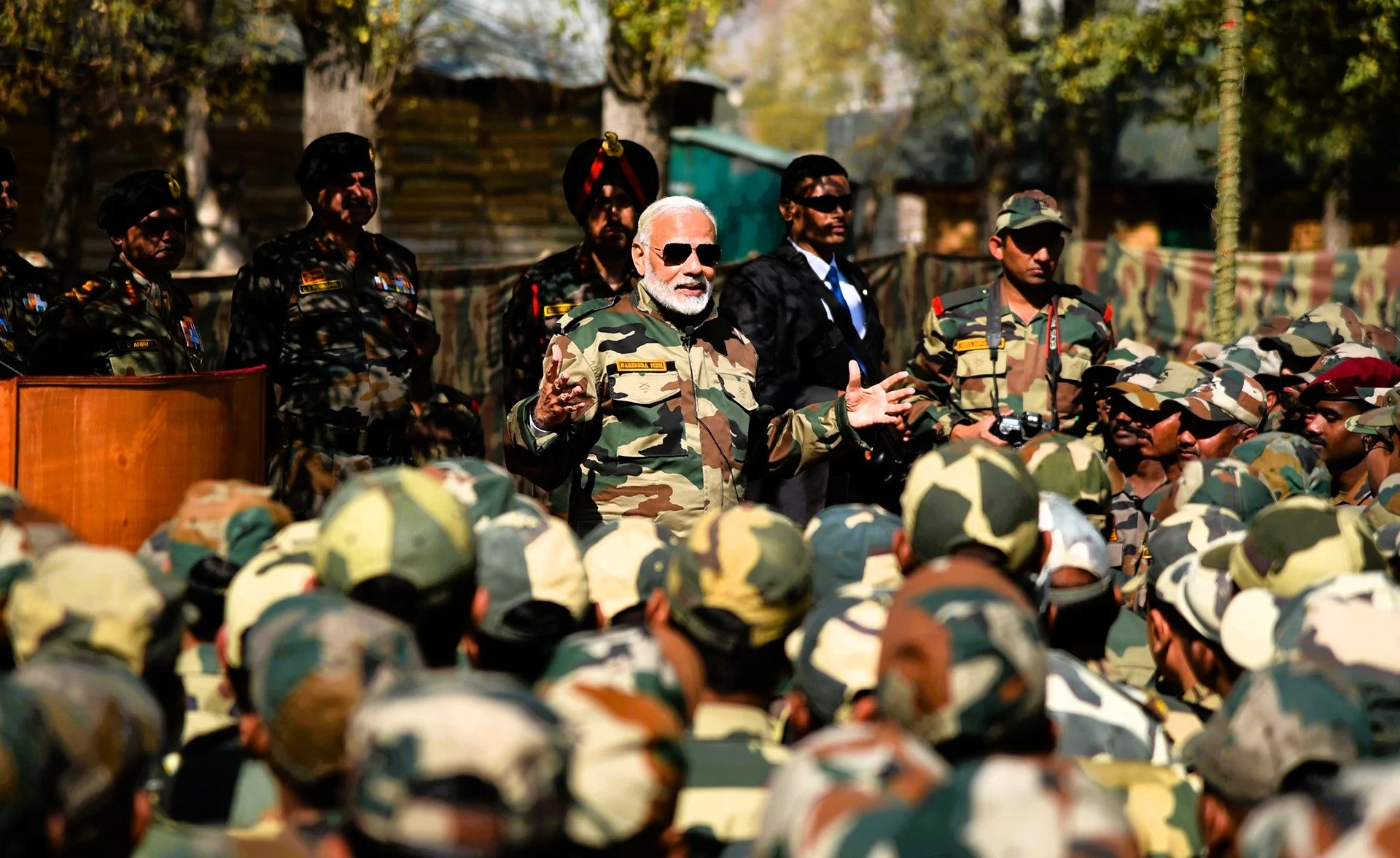Turkey Protests Intensify Following Arrest of Opposition Mayor
Unrest in Turkey escalates as anti-government protests enter their seventh night, fueled by the arrest of Istanbul Mayor Ekrem İmamoğlu, a significant opposition figure against President Erdoğan. What does this mean for Turkey's political landscape?
Protests across Turkey have intensified as citizens express their anger over the jailing of Istanbul Mayor Ekrem İmamoğlu, viewed as a primary challenger to President Recep Tayyip Erdoğan. With demonstrations spreading from Istanbul to Ankara, citizens have raised slogans and waved Turkish flags, showcasing their discontent with the current government. This article explores the implications of these protests, the political climate in Turkey, and the potential challenges facing President Erdoğan.
Background of the Protests
The protests erupted following İmamoğlu's arrest on March 19 on corruption charges, which many believe are politically motivated. İmamoğlu has emerged as a leading opposition figure, particularly after his victory in Istanbul's mayoral election, where he defeated Erdoğan's party. His imprisonment has sparked outrage, leading to large crowds gathering nightly to voice their disapproval of the government's actions.
Demonstrators have been met with a strong police response, including the use of water cannons to disperse crowds. The tension highlights a growing divide between the government and the public, as citizens demand accountability and democratic reforms. Protesters have accused the Erdoğan administration of stifling dissent, claiming that the regime has filled prisons with journalists and activists advocating for democracy.
Political Ramifications
The ongoing unrest poses a significant challenge for President Erdoğan, who has labeled protestors as "street terrorists." With the opposition gearing up for a rally on March 29 to kick off İmamoğlu's campaign for the presidency, the political stakes are higher than ever. The opposition, led by İmamoğlu's party, the Republican People's Party (CHP), is capitalizing on the discontent among the populace, which has been exacerbated by economic difficulties and rising authoritarianism.
As the CHP prepares to elect an acting mayor and strategize for the upcoming elections, the potential for a united opposition front against Erdoğan is becoming increasingly plausible. The protests are a stark reminder of the public's demand for change and could significantly impact the political landscape in Turkey leading up to the presidential elections.
Public Sentiment and Future Prospects
Public sentiment appears to be shifting, with many citizens expressing frustration over the government's handling of dissent and corruption allegations. The protests reflect a broader desire for democratic governance, accountability, and respect for human rights. As the situation unfolds, the government's response will be critical in determining whether these protests will lead to substantial political change or if the unrest will be quelled through force.
Conclusion
The protests in Turkey represent a pivotal moment in the country's political history. With the opposition rallying behind İmamoğlu, the potential for significant electoral shifts looms on the horizon. How President Erdoğan navigates this unrest will be crucial in shaping Turkey's future. As citizens demand a government that listens and responds to their needs, the coming weeks may prove to be decisive in the fight for democracy in Turkey.
Stay informed with our latest updates on the political developments in Turkey and the ongoing protests.
What's Your Reaction?
















